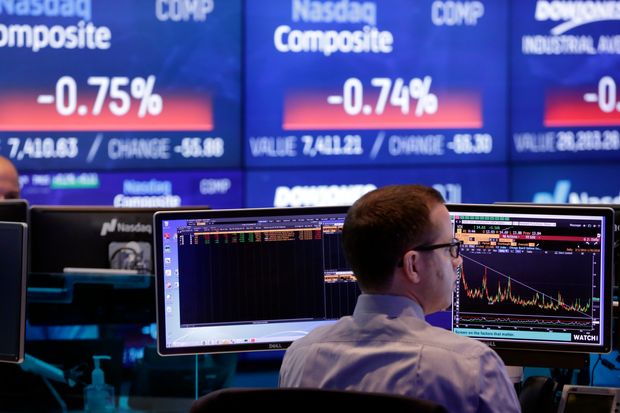The development of artificial intelligence (AI) is a game-changer for most companies and industries, including even the stock market. AI systems are able to process information on a massive scale, at a volume and speed that human traders can only dream about.
With AI, traders can analyze data points, mitigate risks, execute trades at optimal prices, and perform an extensive range of tasks without any human intervention. We’ve listed below some of the ways that AI has revolutionized the world of trading.
AI Applications and Advantages
AI-powered trading offers a number of benefits over automated or algorithmic trading, including the following:
- Speed trading: In stock trading, every second counts. Even a split-second of hesitation can lead to disastrous results. AI apps and software allow traders to decide and act instantly, saving them so much time and money. They can decide quickly enough to capitalize on even the smallest market movements.
- Sentiment analysis: AI makes increasingly accurate market predictions through analyzing sentiments on platforms like news channels, social media, comments on forums and other websites, and other related resources.
- Pattern detection: AI can analyze trends and historical data, identify recurring patterns in the market, and determine the best strategy for a trader.
AI systems are unlikely to trade based on emotions, as many traders are prone to do. People are encumbered by their biases and may also be easily influenced by emotional and psychological incentives. AI doesn’t have these.
The actions of AI technologies are based entirely on data, so they can easily take advantage of any movements in the market that contradict the information they’ve collected.
AI Risks and Pitfalls
As the story on Wall Street’s dwindling trading jobs shows, Wall Street is on the move to embrace and integrate AI into its ranks. However, the fears that competitive advantage and innovation will disappear when the trading system is solely reliant on AI are also justified.
Although AI offers so much potential for a market-altering shift to an analytical, data-powered trading system, it also poses numerous risks and challenges. Here are some of them:
- AI may be used to intentionally manipulate the market. Rogue traders are always trying to find ways to influence markets to their benefit. With AI in their hands, they may be able to come up with sophisticated schemes that can trick even the most complex fail-safe mechanisms.
- Speaking of these mechanisms, the use of AI may also run counter to market regulations in certain countries. AI-driven algorithms are more difficult to predict and audit, and may eventually lead to market volatility.
- As impressive as AI technologies and applications are, there’s no way for them to duplicate human intuition. That alone leaves them more vulnerable to external manipulation until they can develop further to make intuitive, autonomous decisions.
Conclusion
AI has already made waves in the stock market. However, even with greater accessibility to AI software, apps, and tools, AI is still not as well-known as the technologies it’s gradually replacing. Fortunately, we’re still just in the early stages of its adoption in stock market investment and trading.
Although a human component is still necessary to make sense of the data AI collects and comes up with, there’s a huge potential for AI to become the backbone of stock markets and the trading system in the future.
References:
https://builtin.com/artificial-intelligence/ai-trading-stock-market-tech
https://hackernoon.com/the-evolution-and-future-of-ai-in-the-stock-market-nn2q33ou
https://datrics.ai/use-cases/ai-application-in-stock-trading






Leave a Reply